On the afternoon of October 15, in Can Tho, Prime Minister Pham Minh Chinh chaired a conference to deploy the Project "Sustainable development of one million hectares of high-quality and low-emission rice cultivation associated with green growth in the Mekong Delta region by 2030".
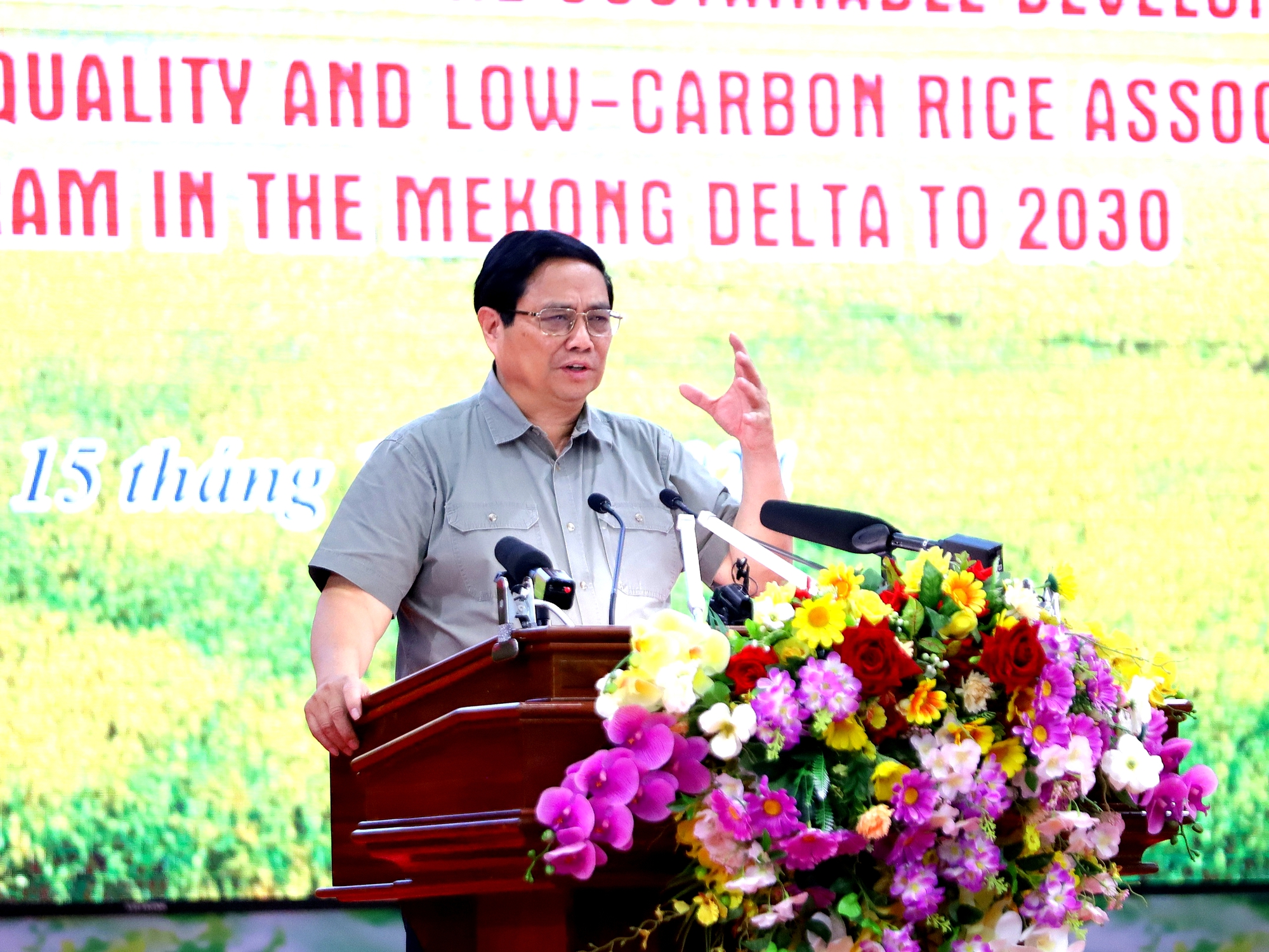
Prime Minister Pham Minh Chinh gave a speech at the Conference.
Productivity increases, farmers' income increases accordingly.
In his opening speech, the Prime Minister analyzed and emphasized the position, role, importance, unique potentials, outstanding opportunities, and competitive advantages of the Mekong Delta. The Prime Minister affirmed that the Mekong Delta has many advantages to develop agriculture, especially the rice and seafood industries.
According to the Prime Minister, rice production not only plays an essential role in ensuring national food security and social stability, but is also an important source of income for tens of millions of Vietnamese farming households. Thereby promoting exports, contributing to ensuring global food security, and enhancing Vietnam's position and prestige in the international arena.
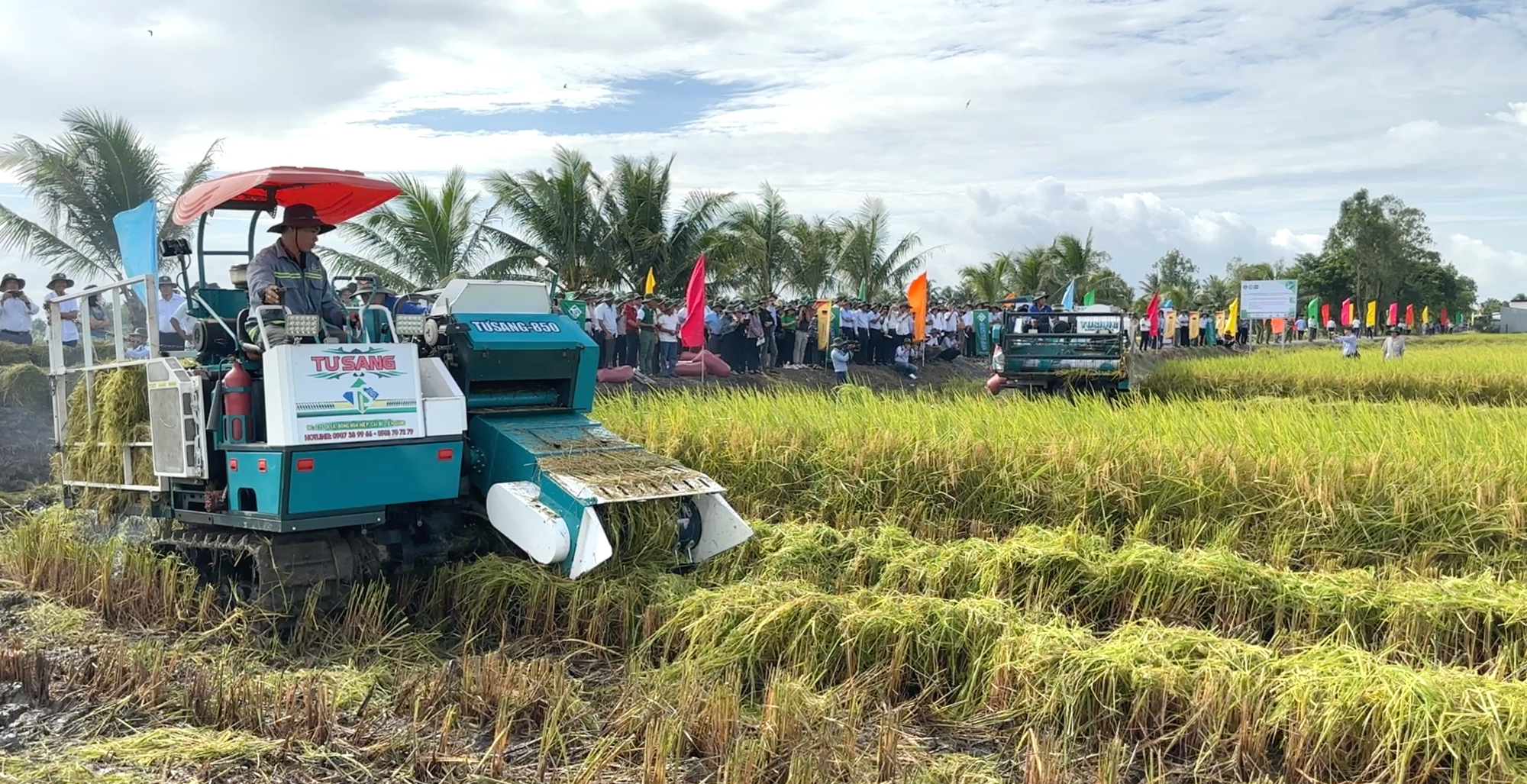
Harvesting rice on the pilot field of the One Million Hectare High-Quality Rice Project in Soc Trang.
Reporting at the conference, Deputy Minister of Agriculture and Rural Development (MARD) Tran Thanh Nam said that recently, the Ministry has worked with localities and the International Rice Research Institute (IRRI) to deploy 7 pilot models in 5 provinces and cities including: Can Tho, Dong Thap, Kien Giang, Tra Vinh, Soc Trang.
Currently, 4/7 pilot models for the Summer - Fall crop in 2024 have reported very positive results. Specifically, costs are reduced by 20-30%; an average reduction of 5-6 tons of CO2e equivalent per hectare, and the harvested rice output is purchased by enterprises at a purchase price 200-300 VND/kg higher.
Not stopping there, the pilot results also showed that rice productivity increased by 10%, thereby increasing farmers' income by 20-25%.
At the conference, the leaders of the Ministry of Agriculture and Rural Development proposed that the Prime Minister agree in principle to complete the pilot dossier of a specific policy for the infrastructure and technical support program for high-quality rice in the Mekong Delta using preferential loans from the World Bank, estimated at about 330 million USD; and direct the State Bank to instruct commercial banks to prioritize credit packages for the Project, to be implemented immediately in the 2025-2027 period.
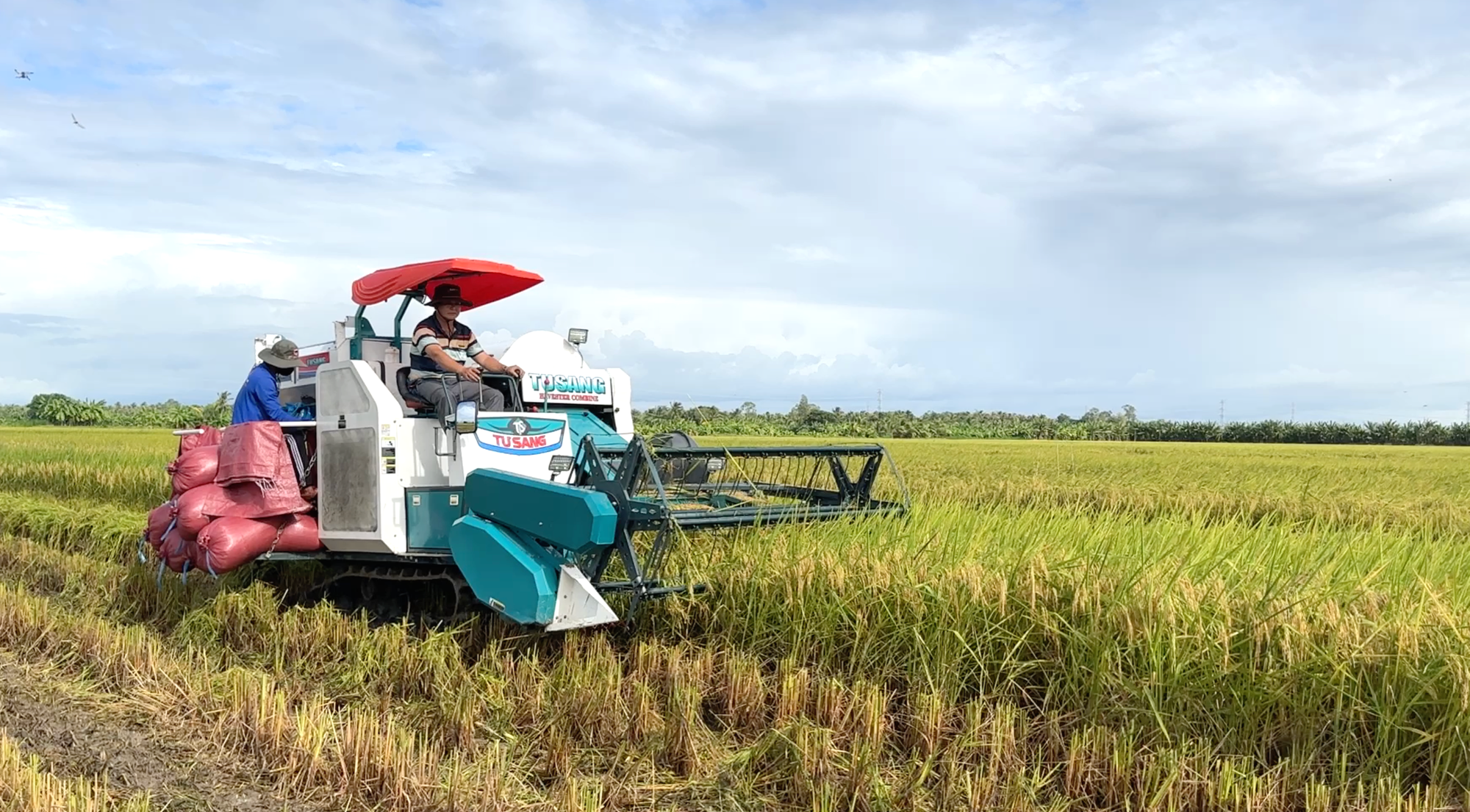
The Prime Minister requested to accelerate and make further breakthroughs to soon achieve the target of one million hectares of high-quality rice.
5 directions, 11 specific solutions
In his concluding remarks, Prime Minister Pham Minh Chinh acknowledged and highly appreciated the content of the report of the Ministry of Agriculture and Rural Development and its dedicated, responsible, and practical opinions.
The Prime Minister raised 5 guiding issues and 11 specific tasks and solutions to promote the implementation of the Project in the coming time.
Emphasizing five guiding issues, the Prime Minister requested to "breathe life into rice plants, breathe new life into the rice industry" with digital technology, green development, circular economic development, sharing economy, knowledge economy, application of science and technology, and innovation.
"We must love rice plants as we love ourselves, as what we love most in our lives, and from there create a revolution for rice plants and the Mekong Delta," said the Prime Minister.
Along with that, mobilizing diversified resources, including central and local resources, public-private partnership, loans, bond issuance, socialized capital, resources of people and businesses.
At the same time, effectively use resources, eliminate bureaucratic mechanisms, subsidies, and cumbersome procedures, and ensure resources reach localities, production facilities, and farmers.
Regarding the target, the Prime Minister requested to accelerate and make further breakthroughs to achieve the target of one million hectares of high-quality, low-emission rice as soon as possible, thereby achieving about 14-15 million tons of rice and 9-10 million tons of high-quality rice. This target must be achieved by 2030 at the latest and efforts must be made to achieve it sooner.
The Prime Minister pointed out 11 specific tasks and solutions, including planning stable and long-term raw material areas to develop high-quality, low-emission rice; applying science and technology, building rice brands in the high-quality segment, along with geographical indications, traceability, growing area codes, etc.; building preferential and priority mechanisms and policies, proposing to competent authorities, and in the immediate future, trying to present a number of policies at the upcoming National Assembly session, with the spirit of "solving any problems".
Regarding capital, the banking sector continues to deploy ongoing credit packages and research to deploy in 2025 a credit package with a scale of about 30,000 billion VND for the Project; at the same time, provide loans to businesses to buy materials, seeds, and produce and do business.
On November 27, 2023, the Prime Minister approved the one million hectare rice project, a project of great significance in orienting the transformation of sustainable rice cultivation methods in the Mekong Delta. Thereby increasing the value of Vietnam's rice industry, improving farmers' income and living standards, adapting to climate change and reducing greenhouse gas emissions, contributing to the implementation of Vietnam's international commitments.
The one million hectare rice project is divided into two phases. Phase 1 (2024-2025) focuses on developing 200,000 hectares. Phase 2 (2026-2030) will expand an additional 800,000 hectares of high-quality, low-emission rice.
Source: https://www.baogiaothong.vn/thu-tuong-neu-5-dinh-huong-de-tao-cuoc-cach-mang-cho-cay-lua-192241015181829514.htm


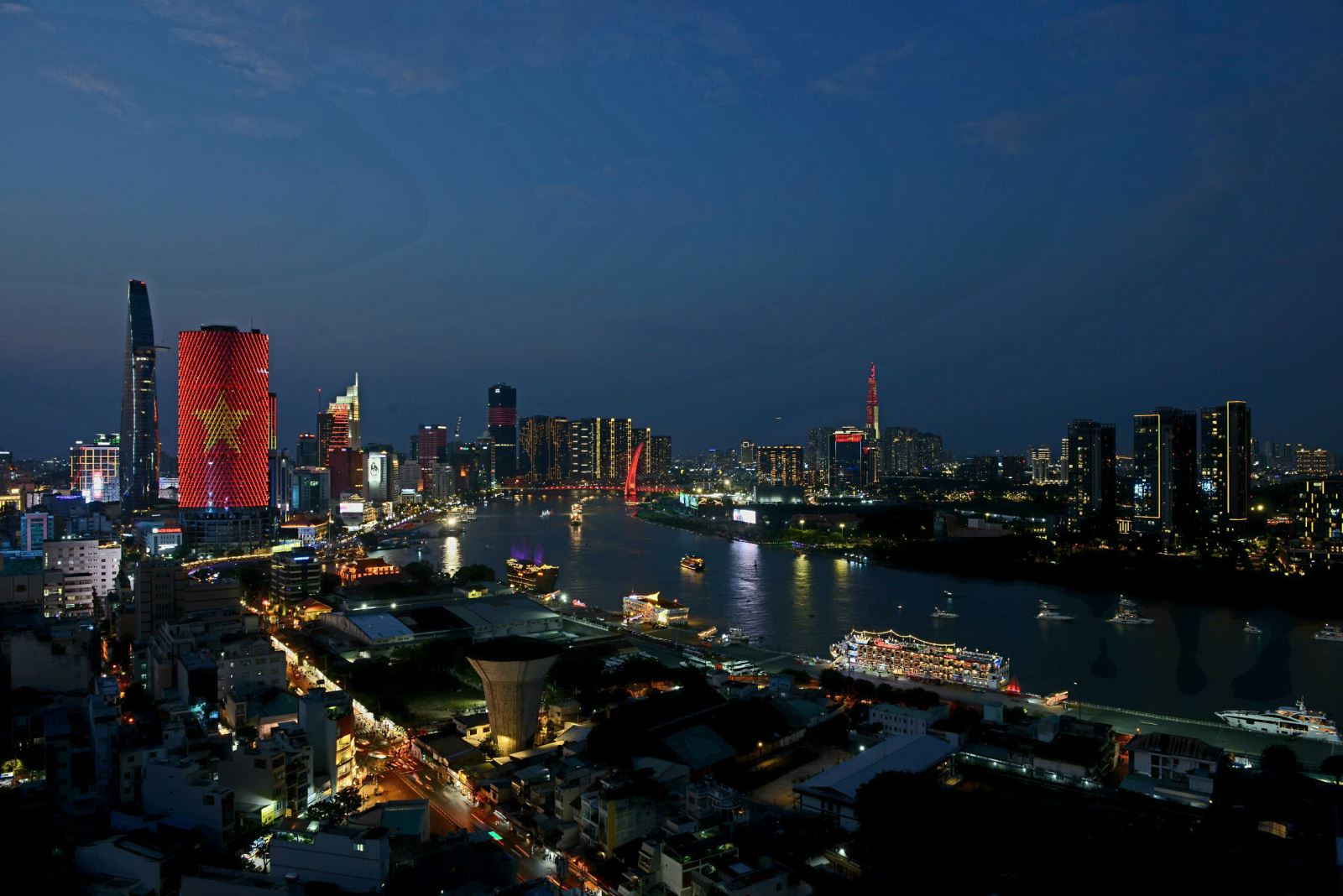



![[Photo] Ha Giang: Many key projects under construction during the holiday season](https://vstatic.vietnam.vn/vietnam/resource/IMAGE/2025/5/1/8b8d87a9bd9b4d279bf5c1f71c030dec)
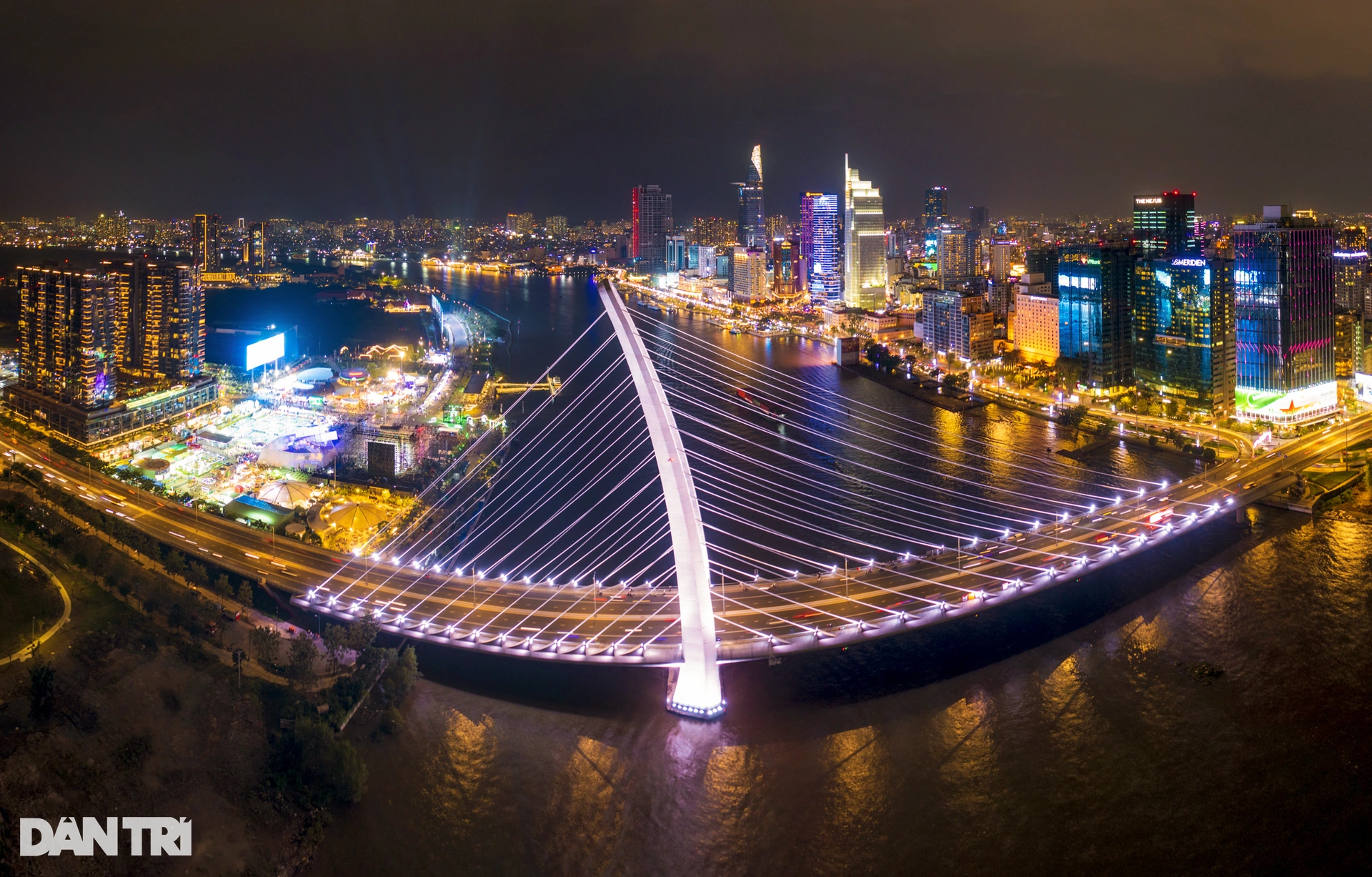
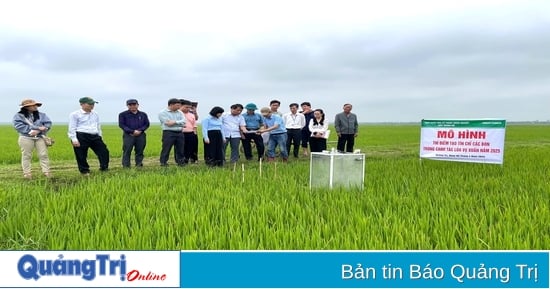

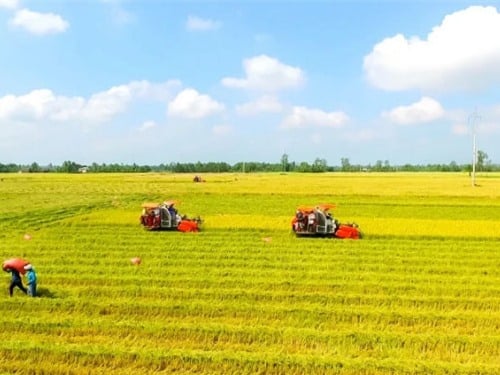

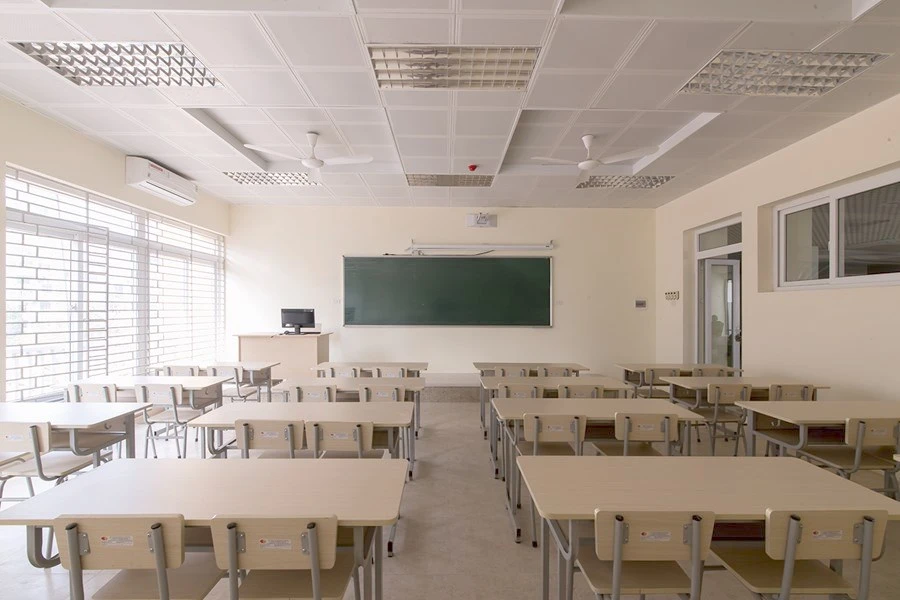

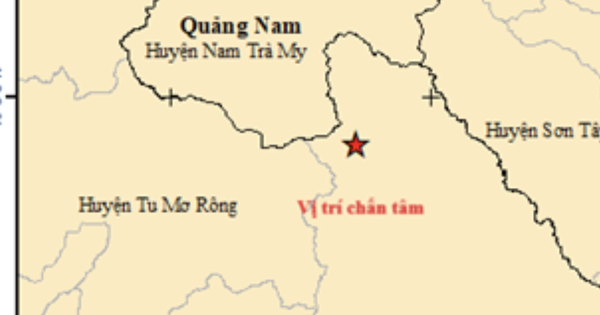
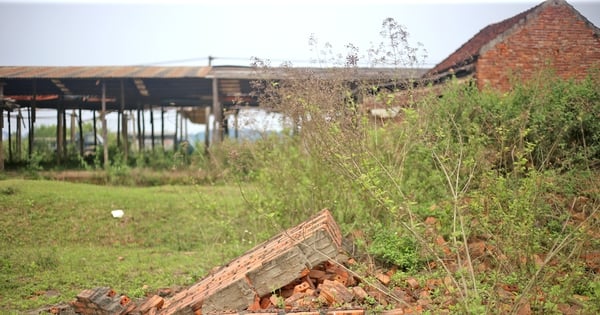
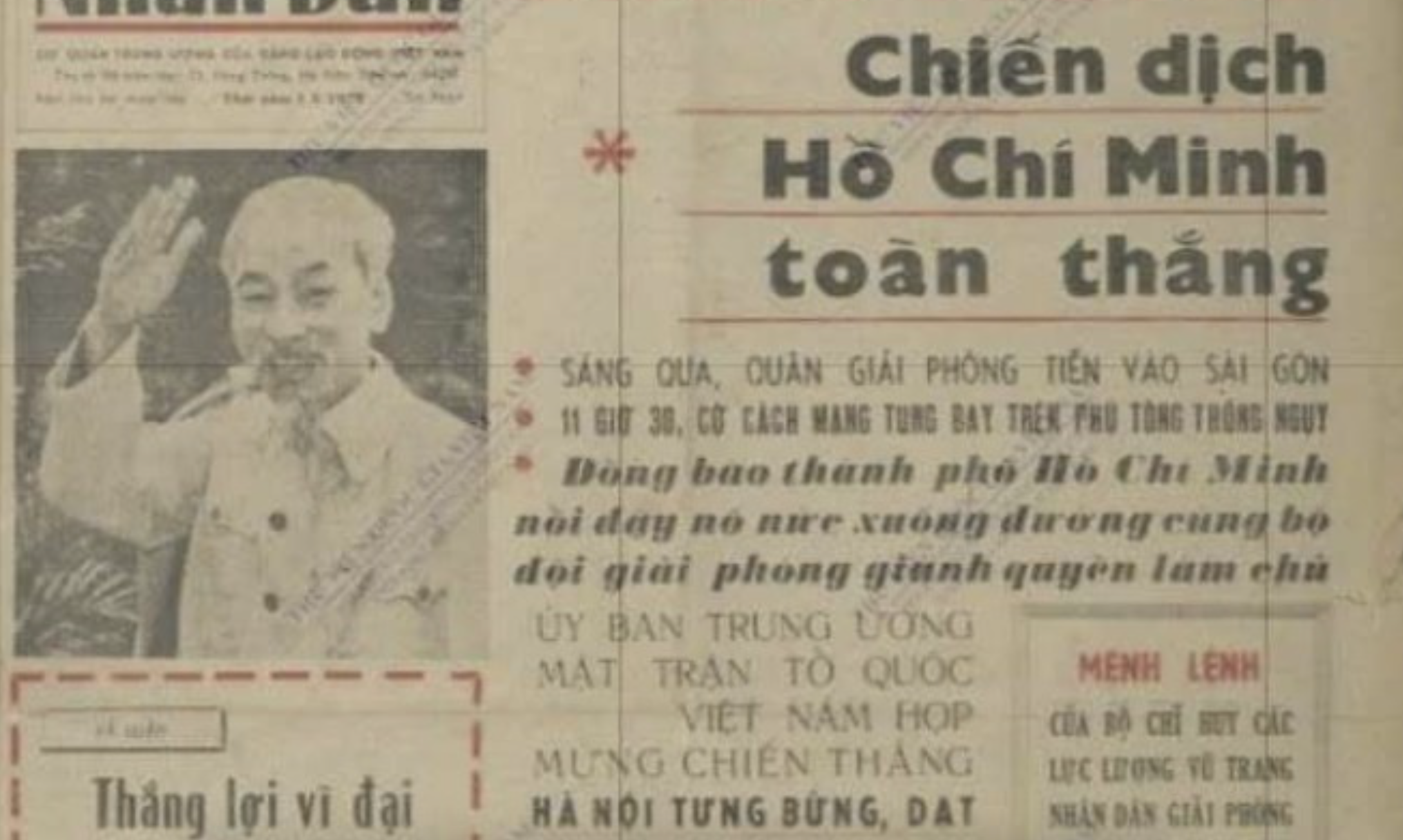
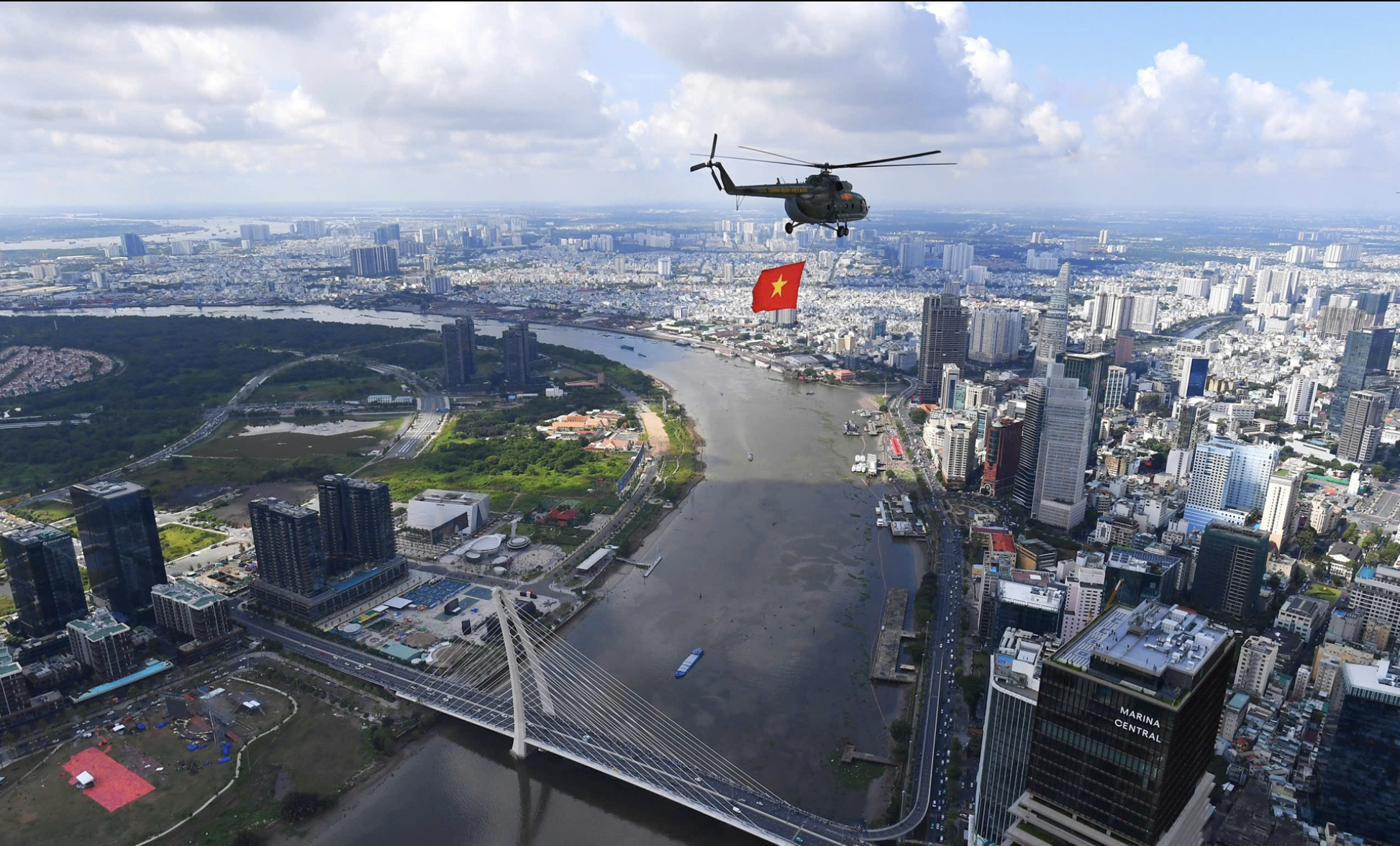
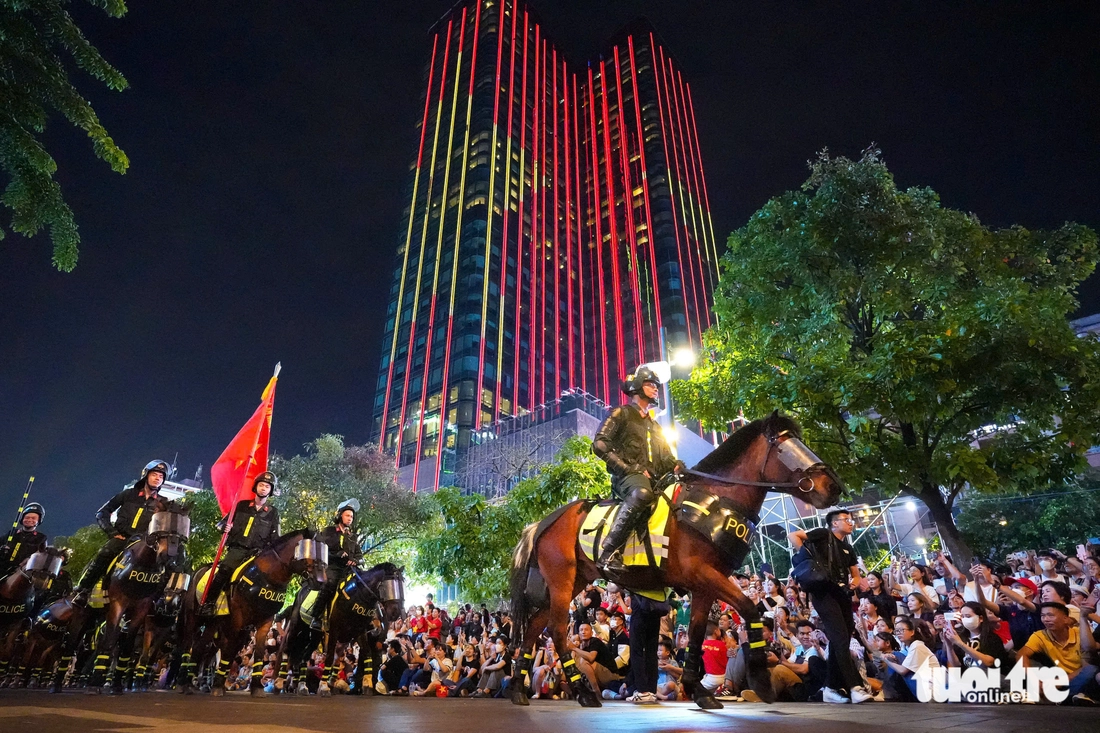
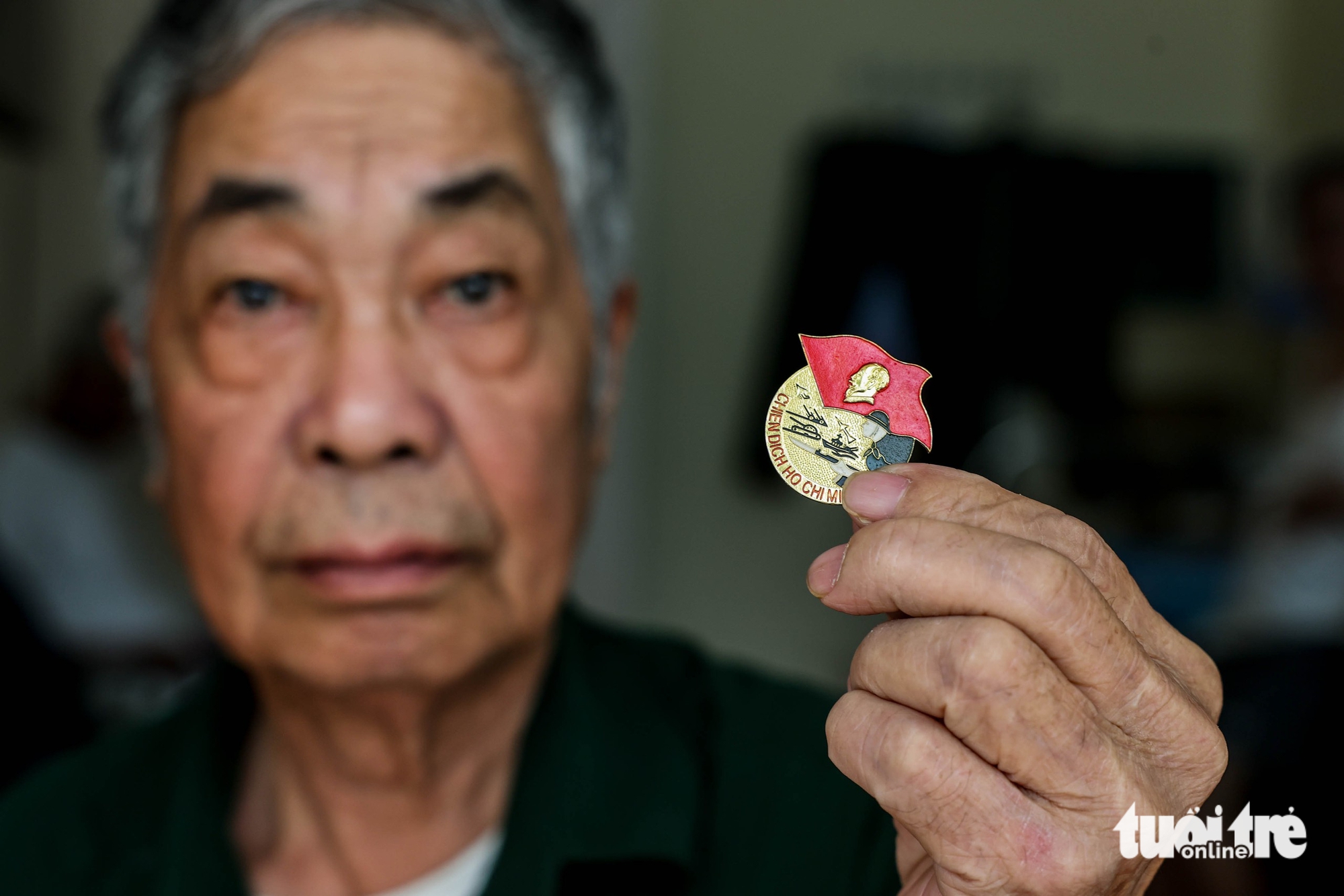
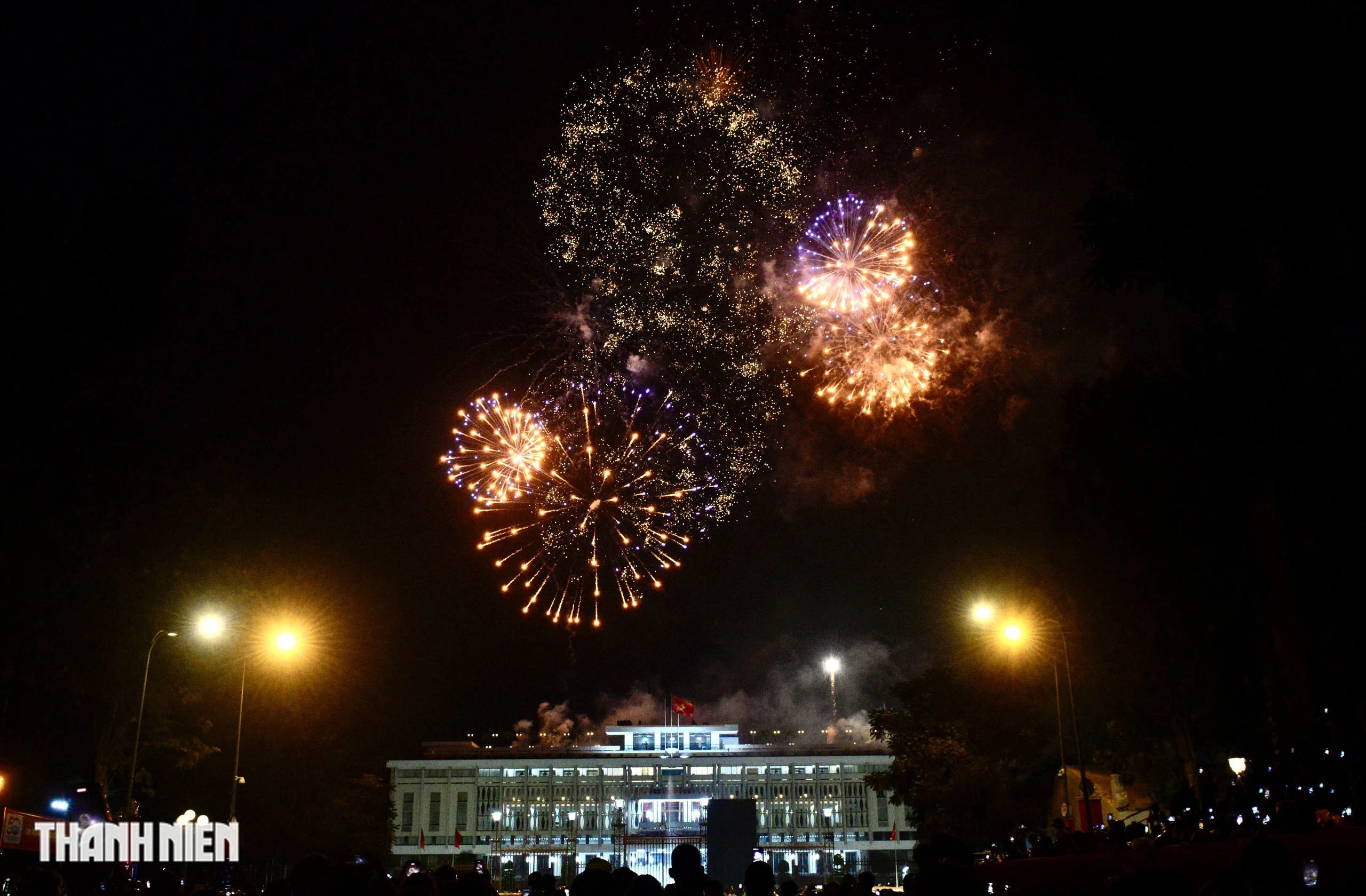
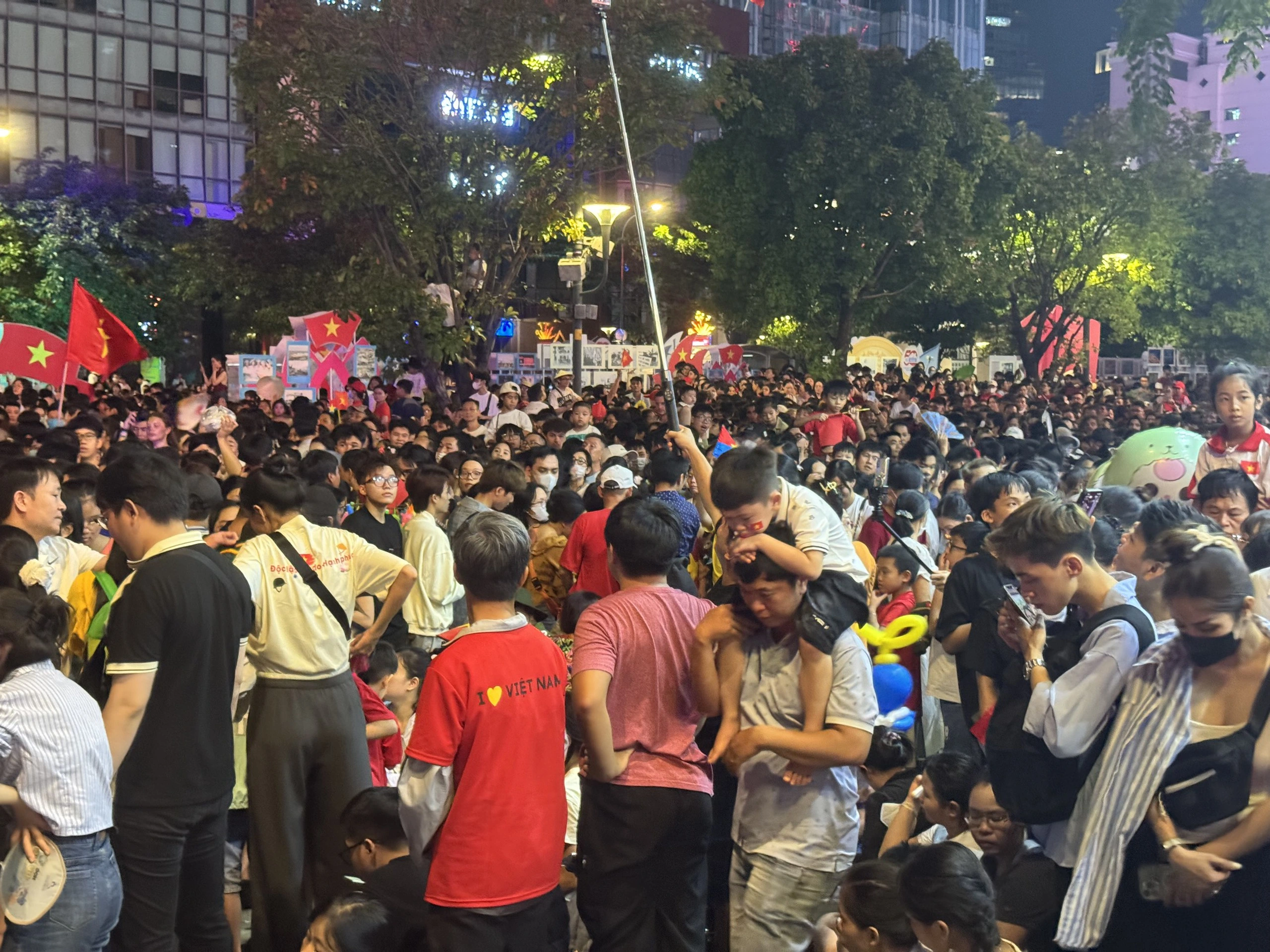
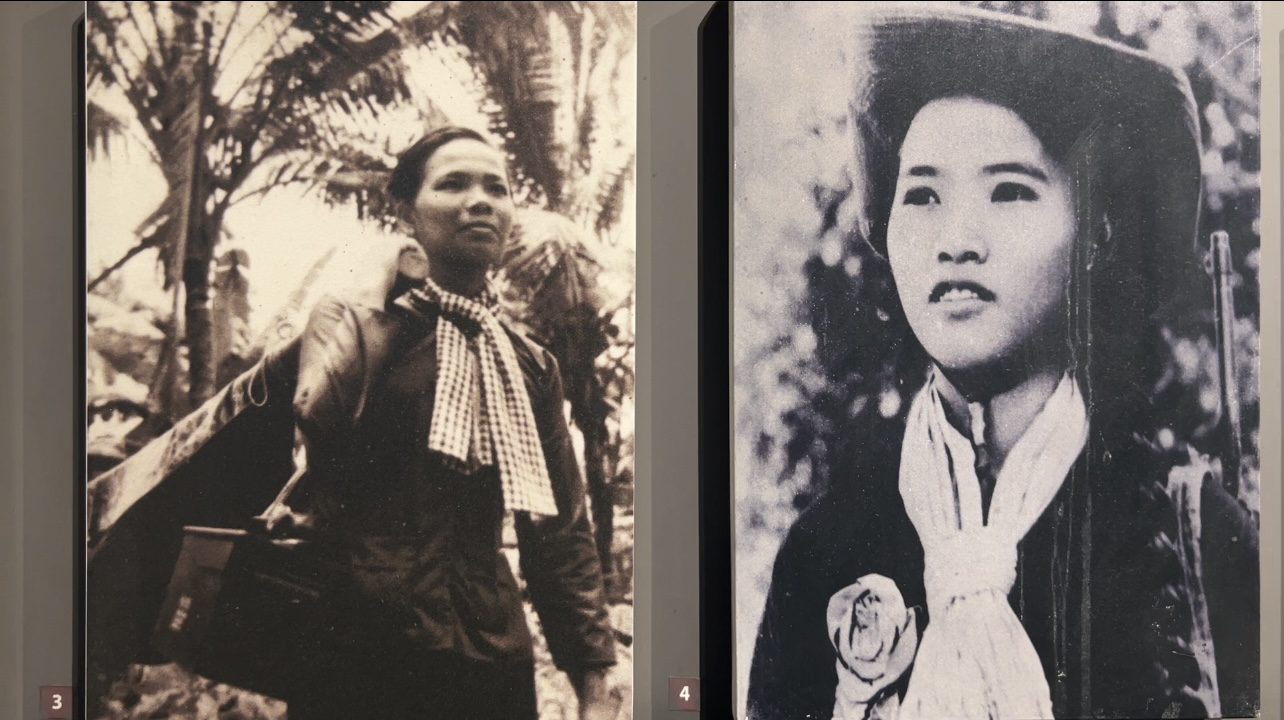








![[Photo] Fireworks light up the sky of Ho Chi Minh City 50 years after Liberation Day](https://vstatic.vietnam.vn/vietnam/resource/IMAGE/2025/4/30/8efd6e5cb4e147b4897305b65eb00c6f)
![[Photo] Feast your eyes on images of parades and marching groups seen from above](https://vstatic.vietnam.vn/vietnam/resource/IMAGE/2025/4/30/3525302266124e69819126aa93c41092)




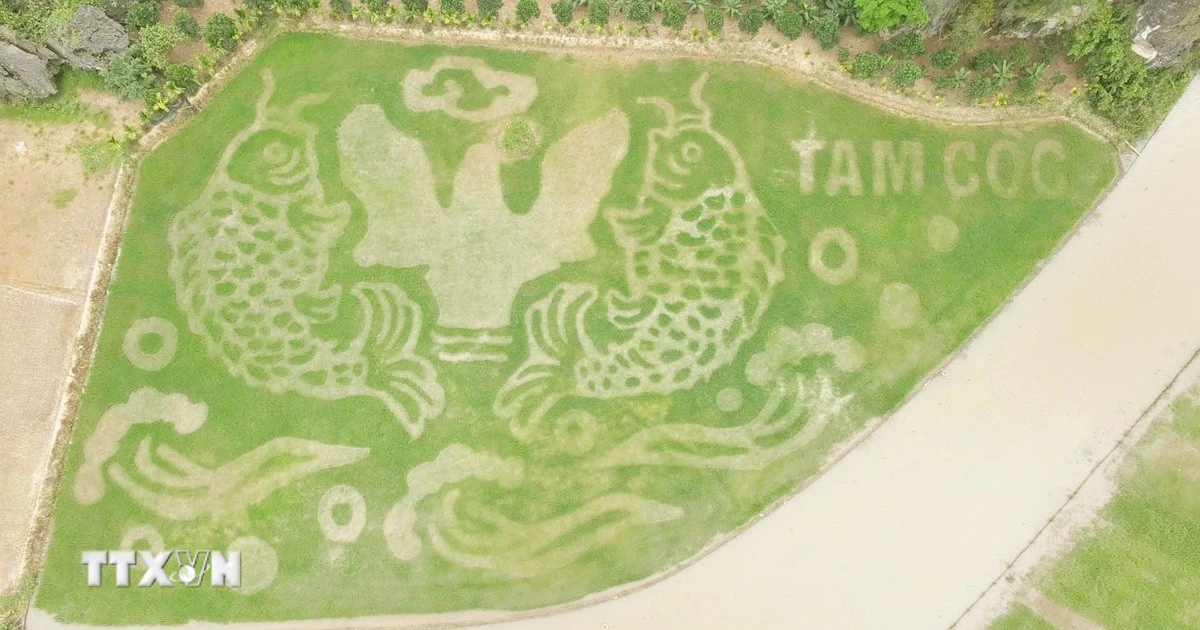

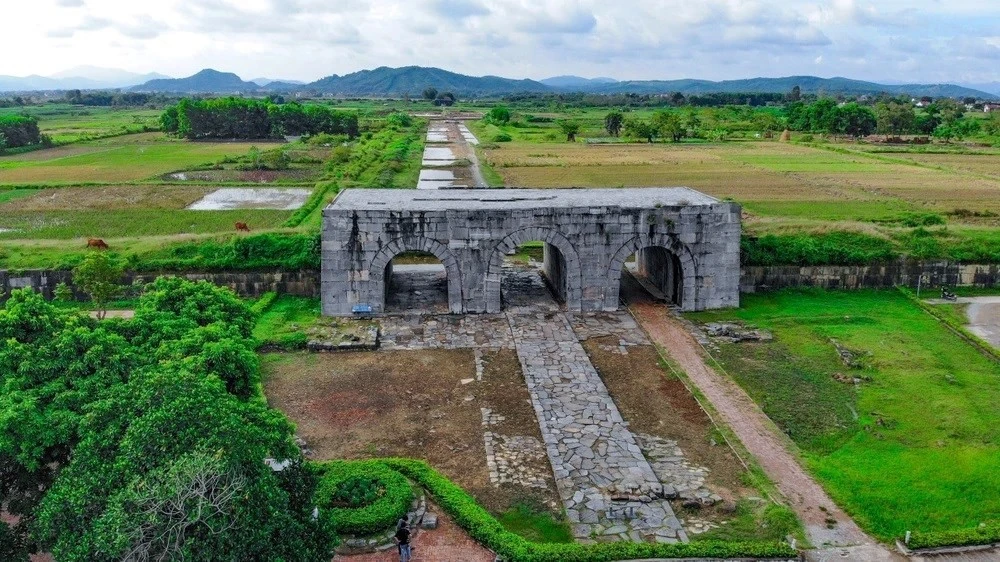

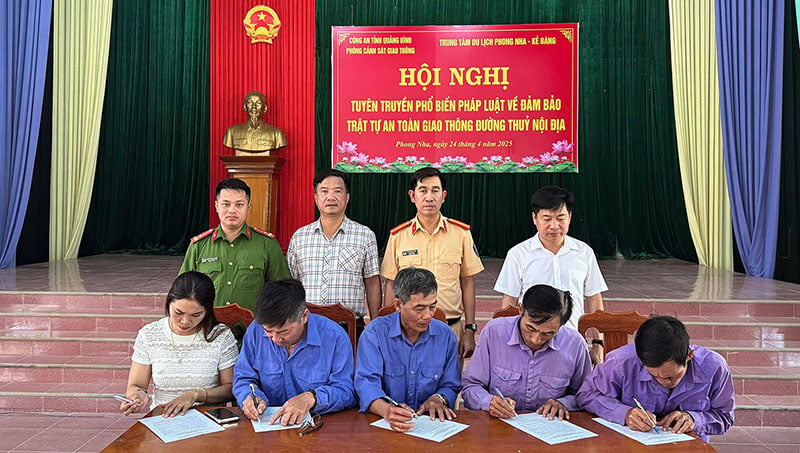

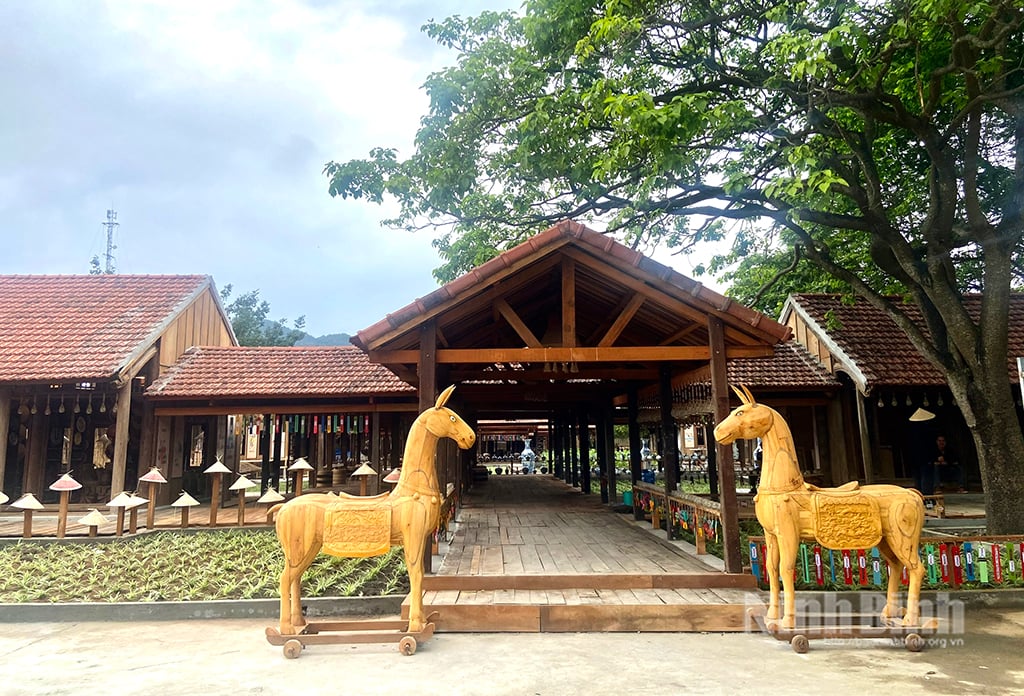

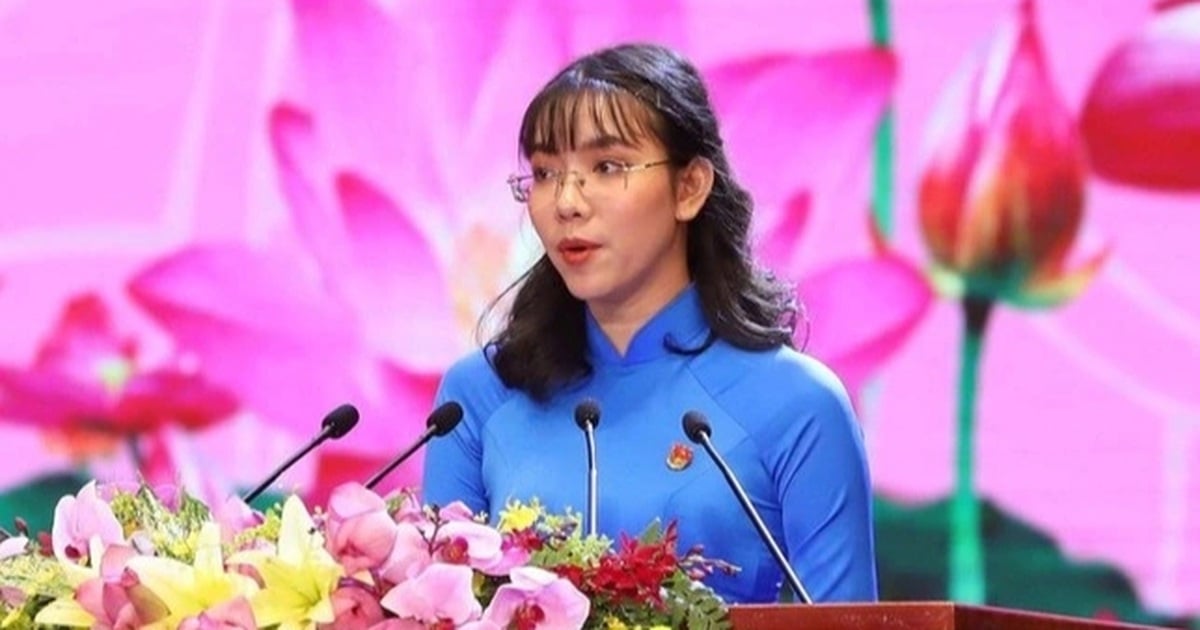






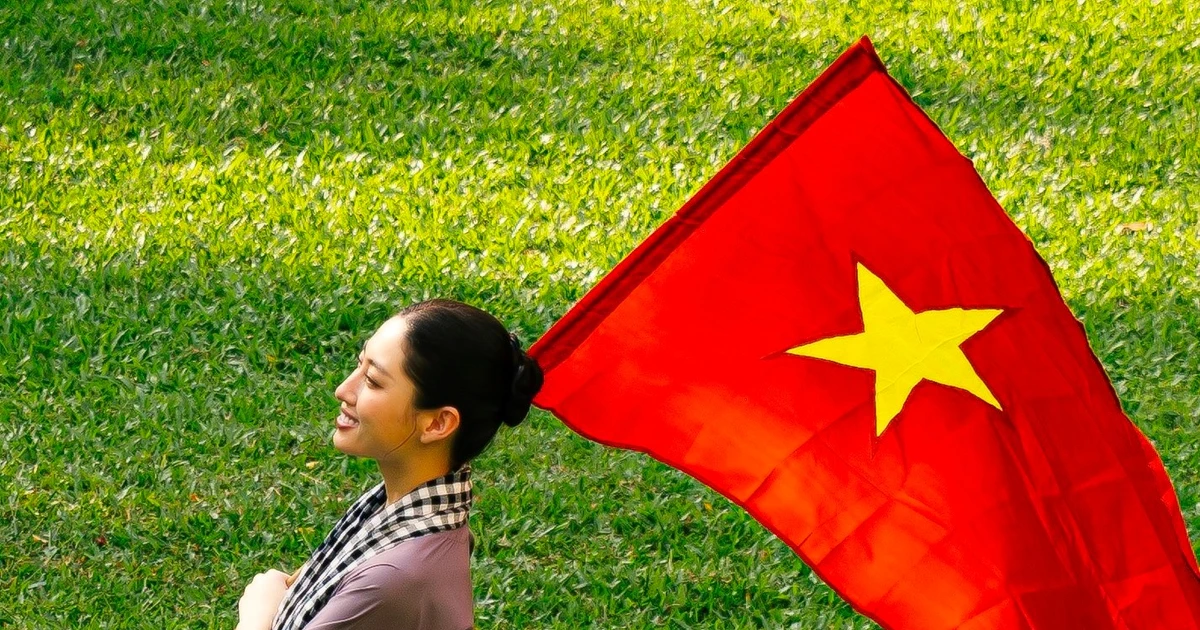











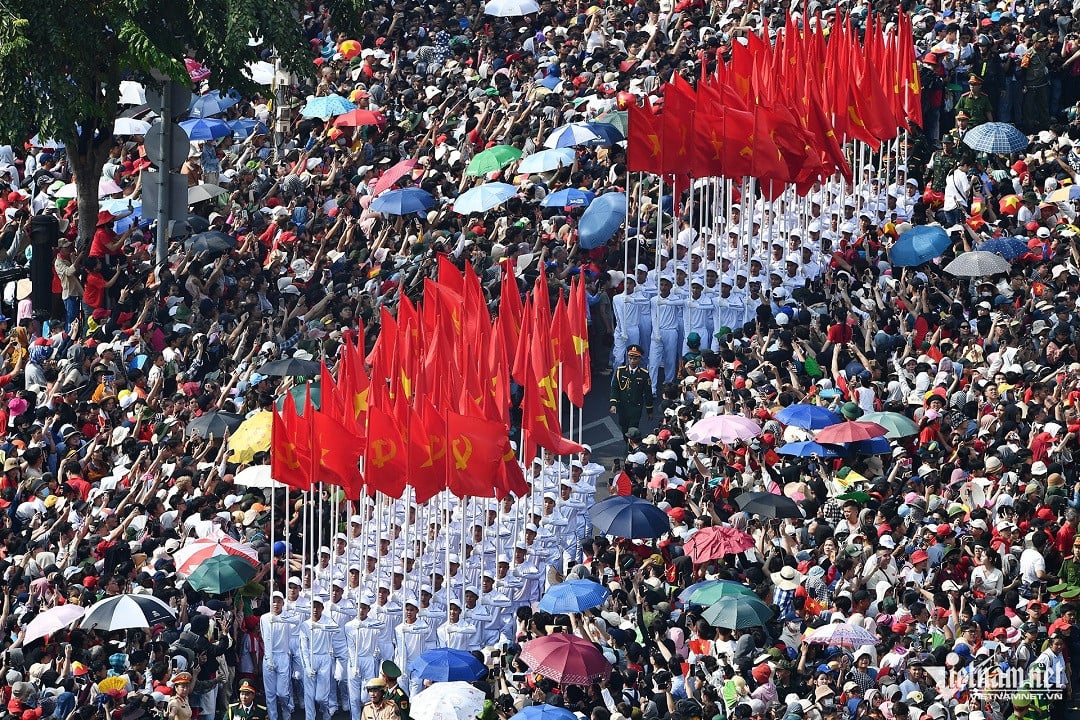

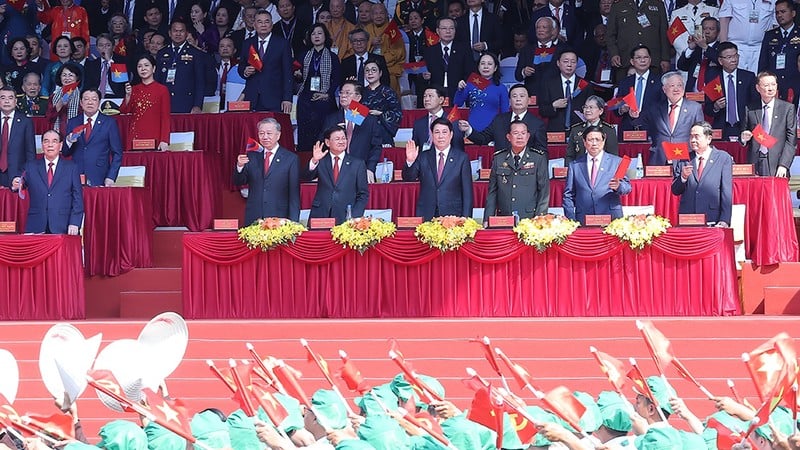
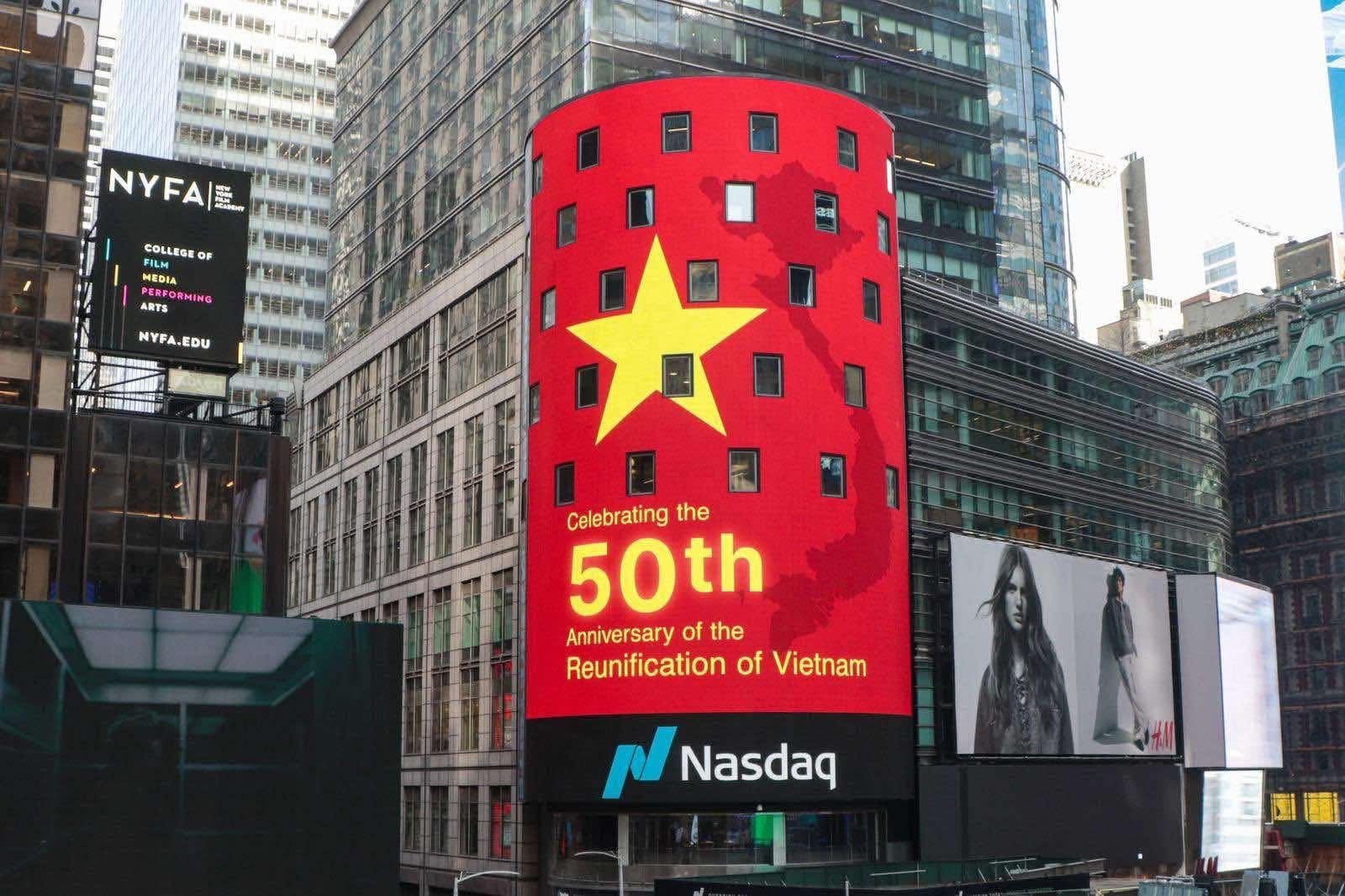

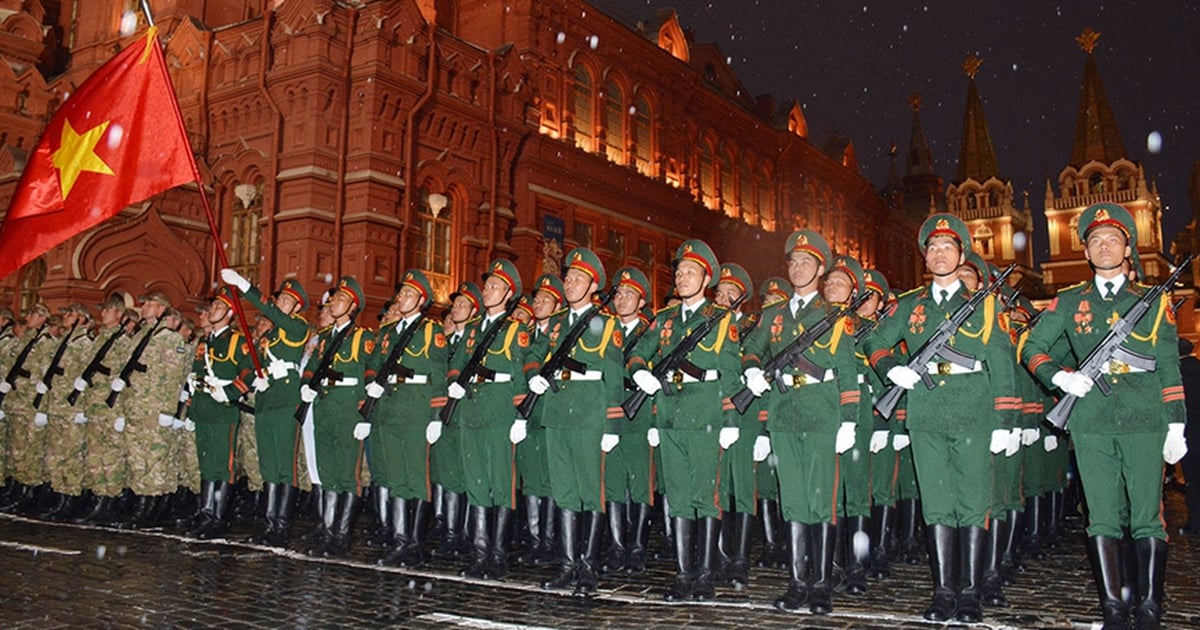








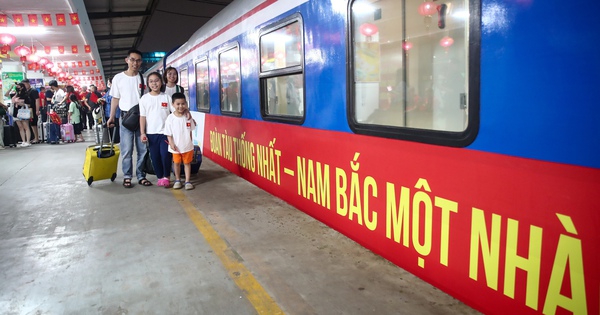




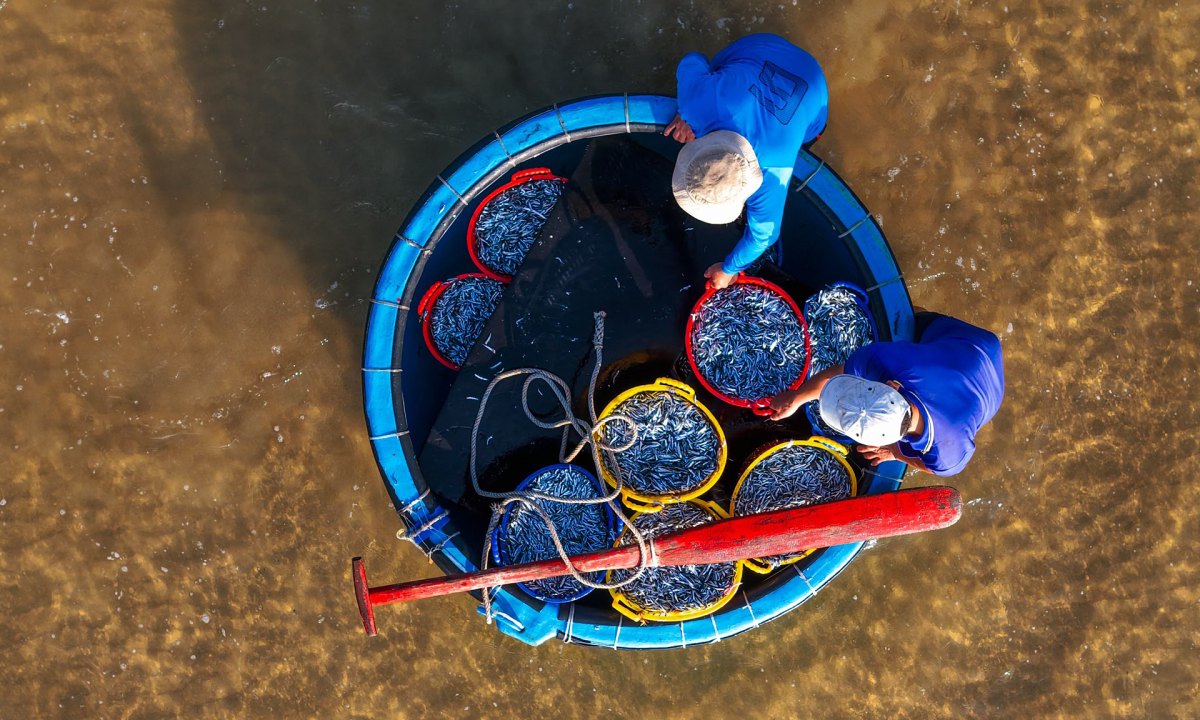

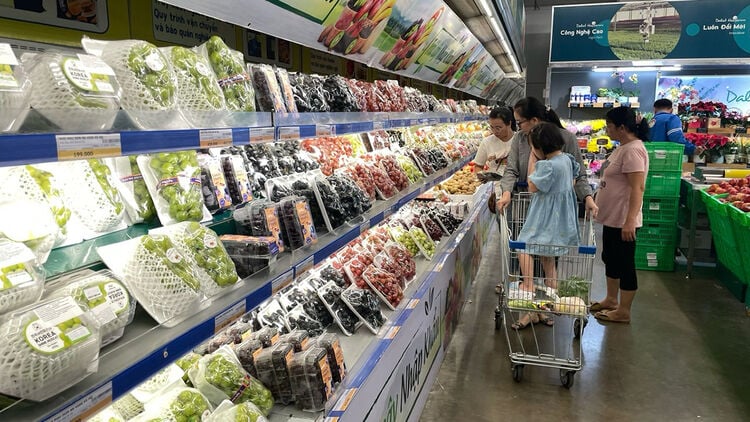



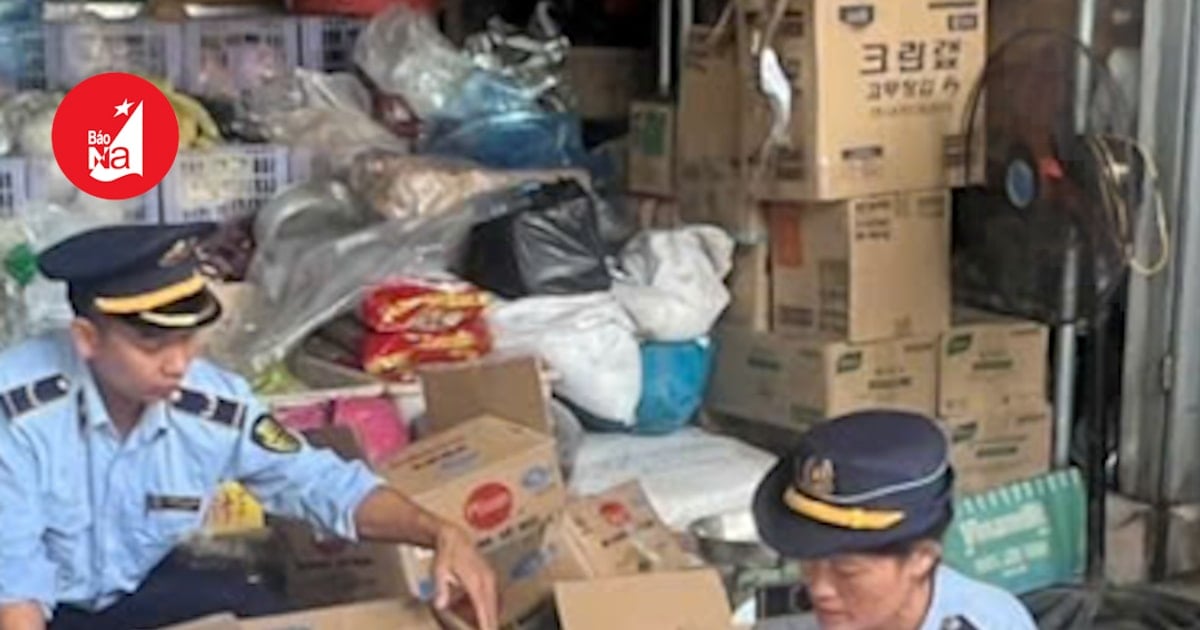

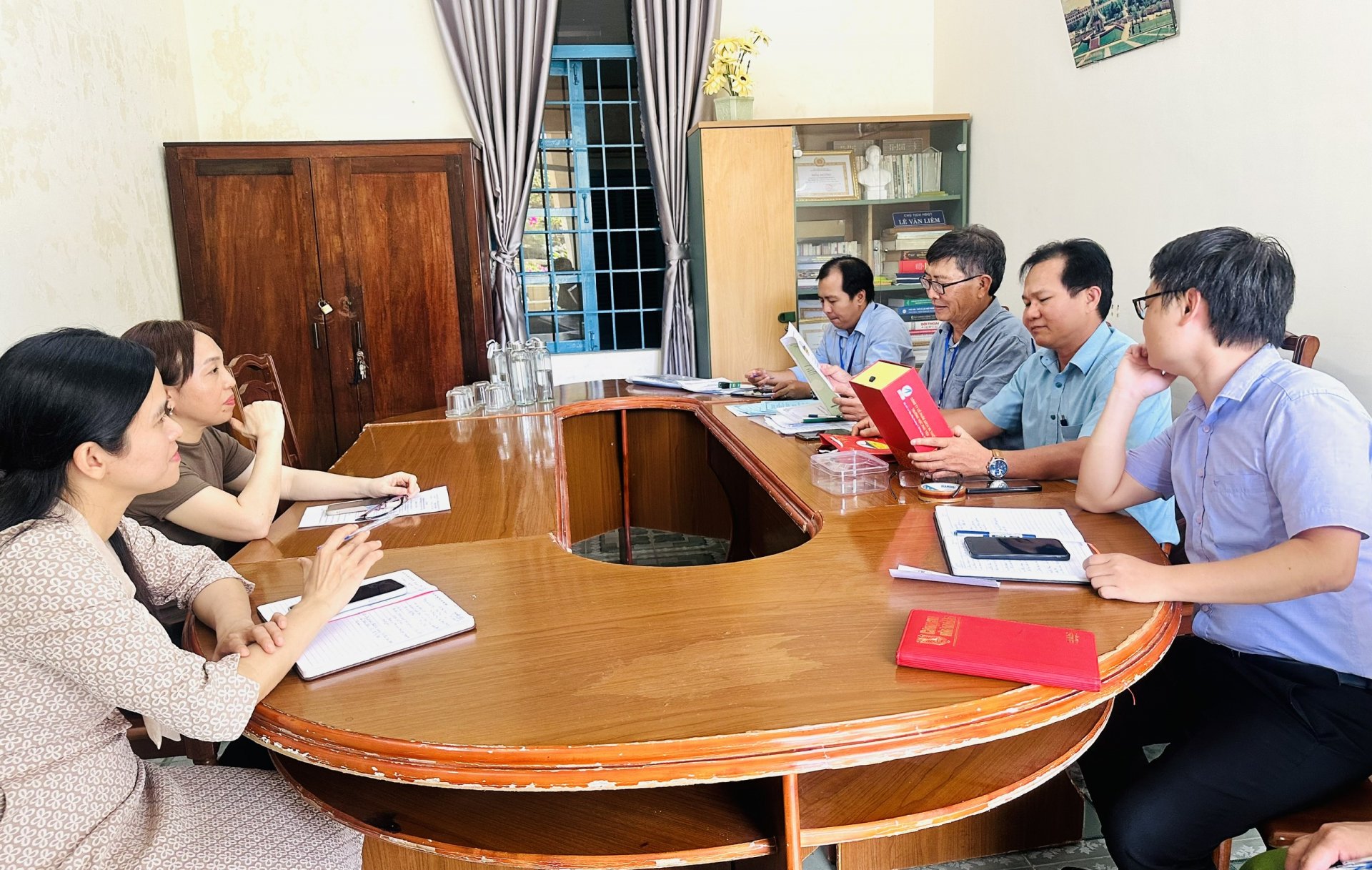









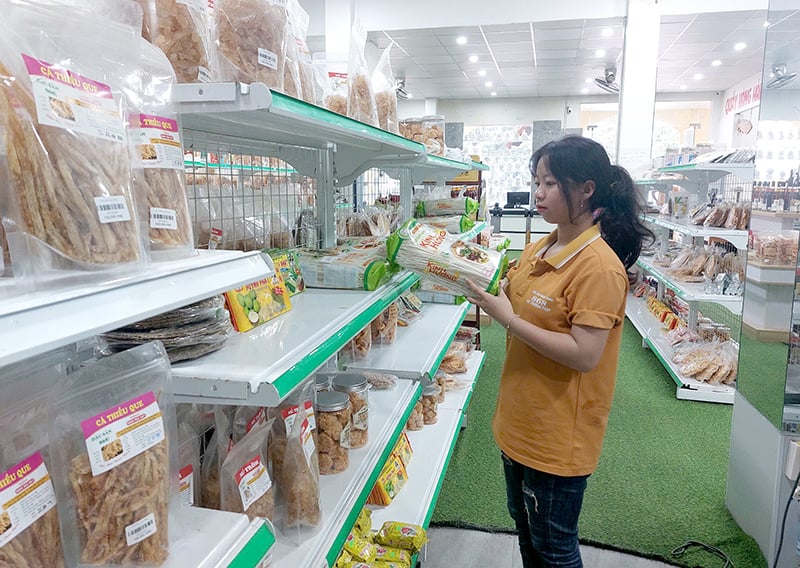
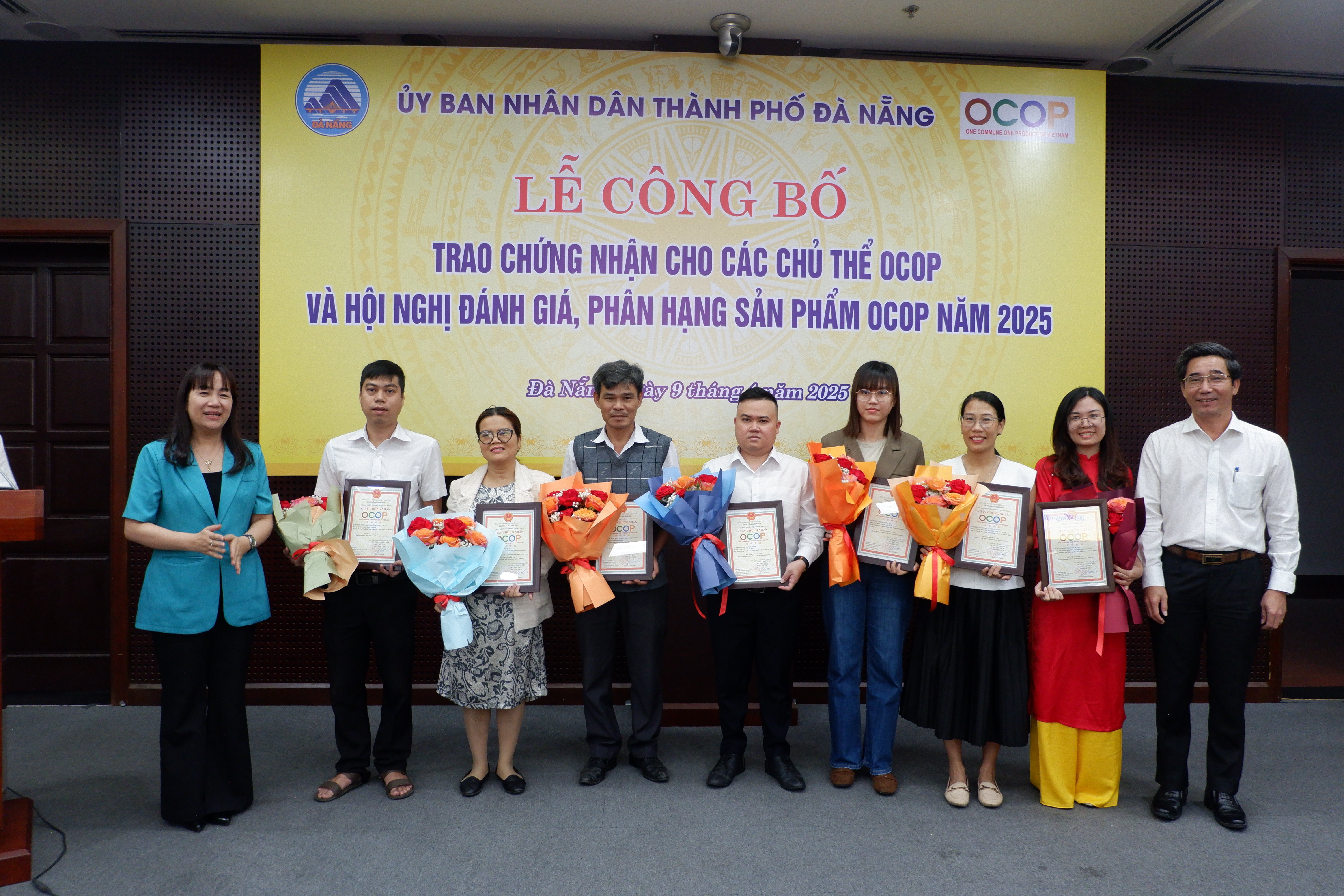

Comment (0)